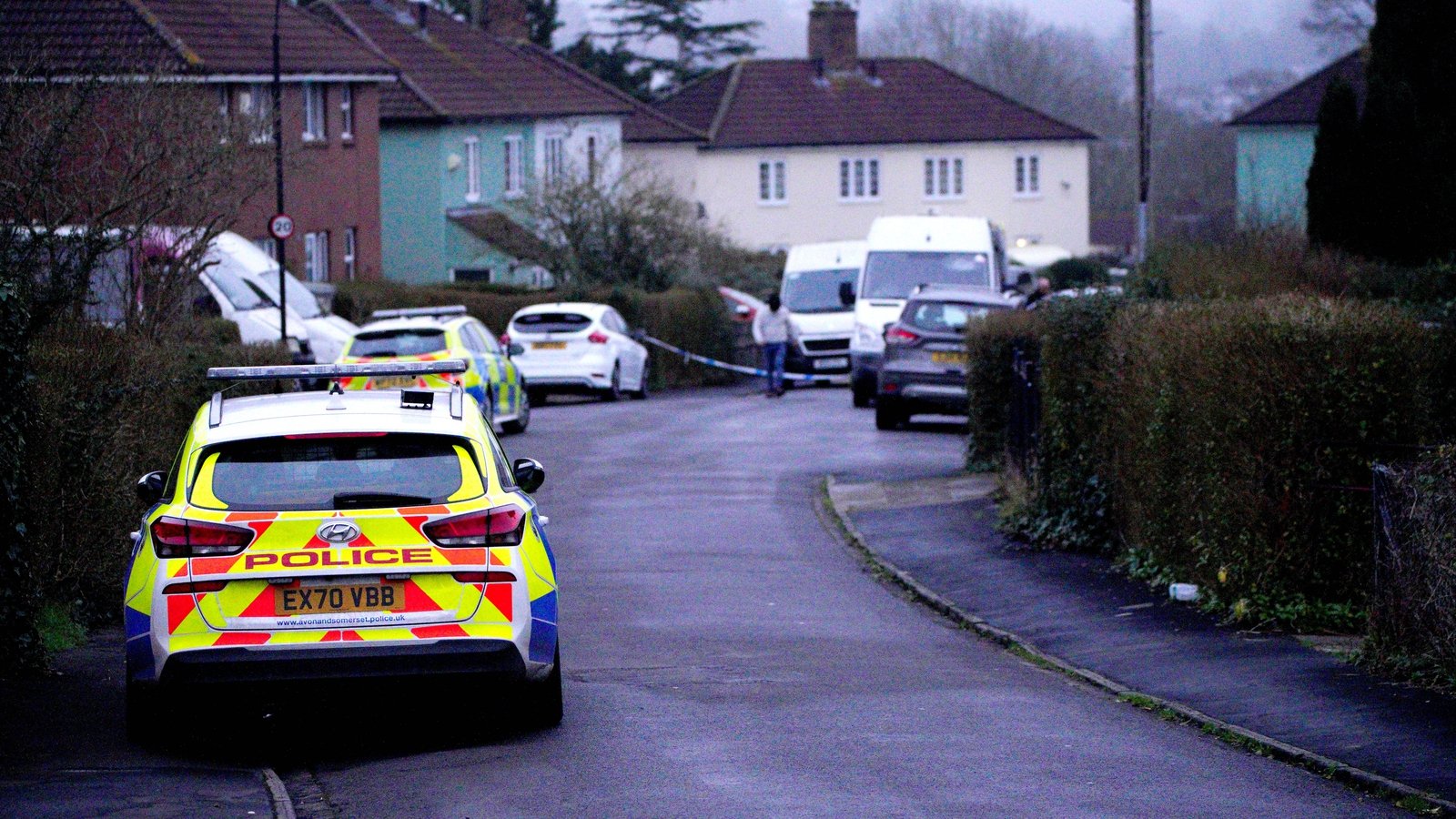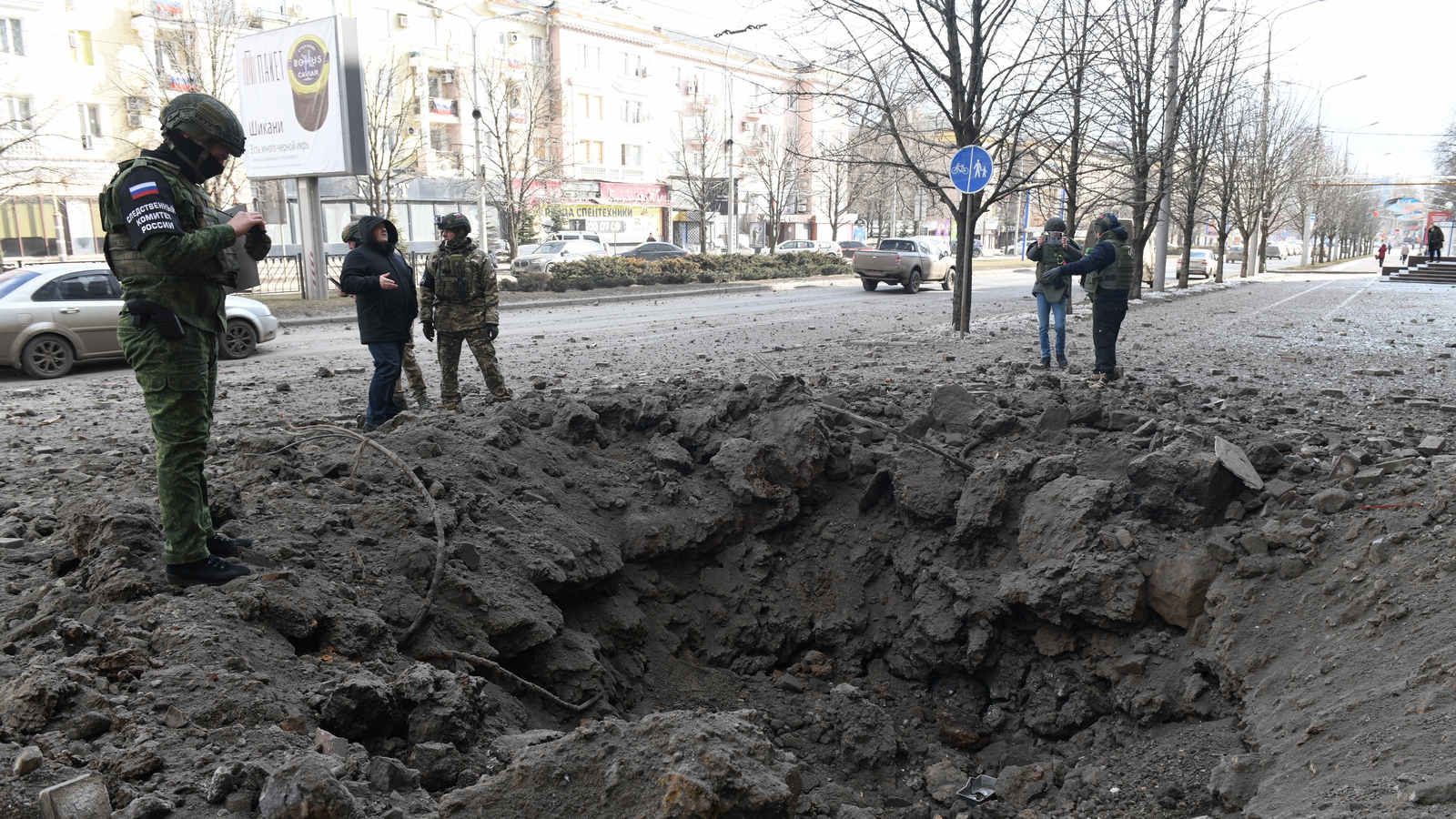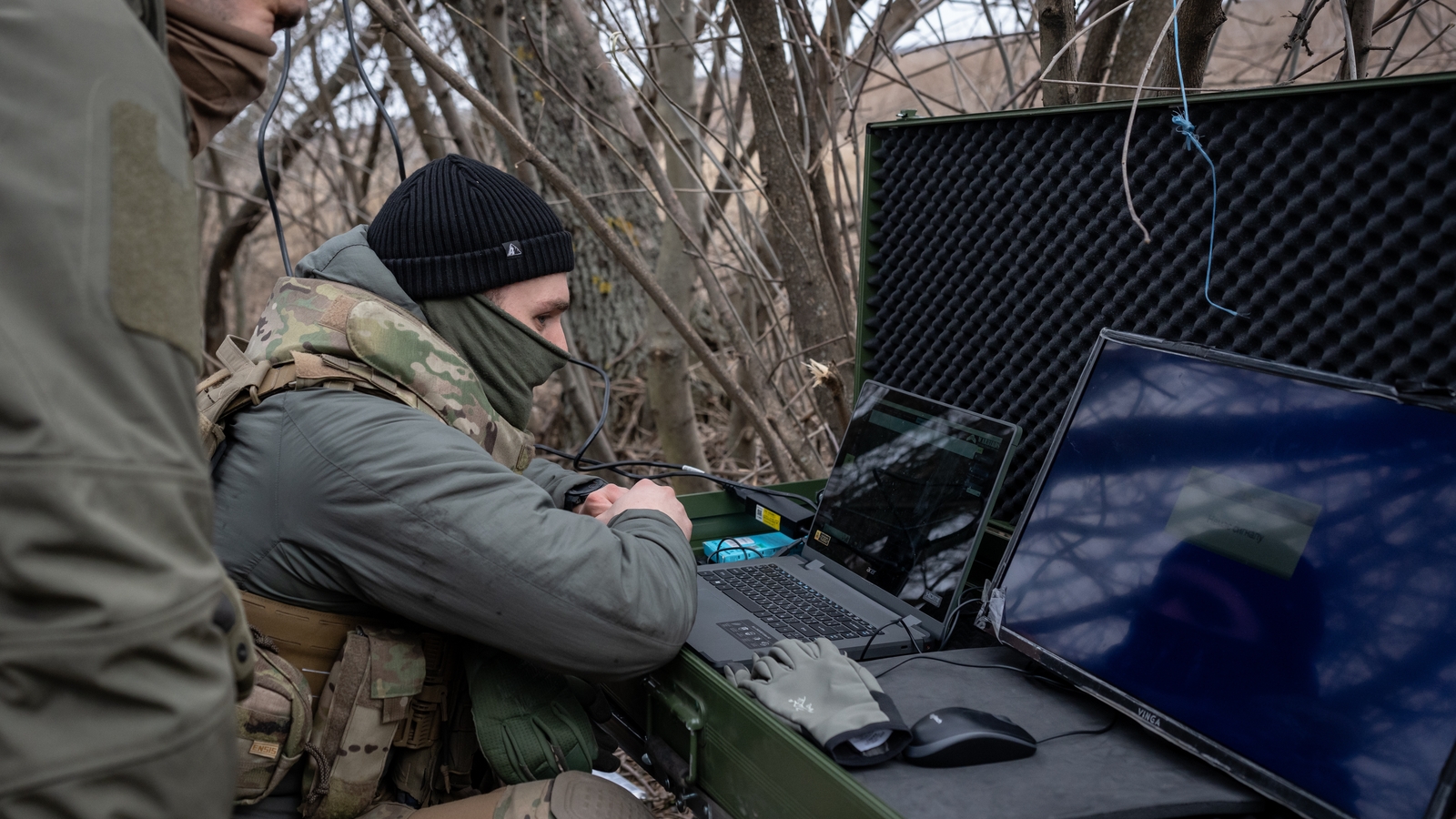Inspection reports on IP accommodation centres published
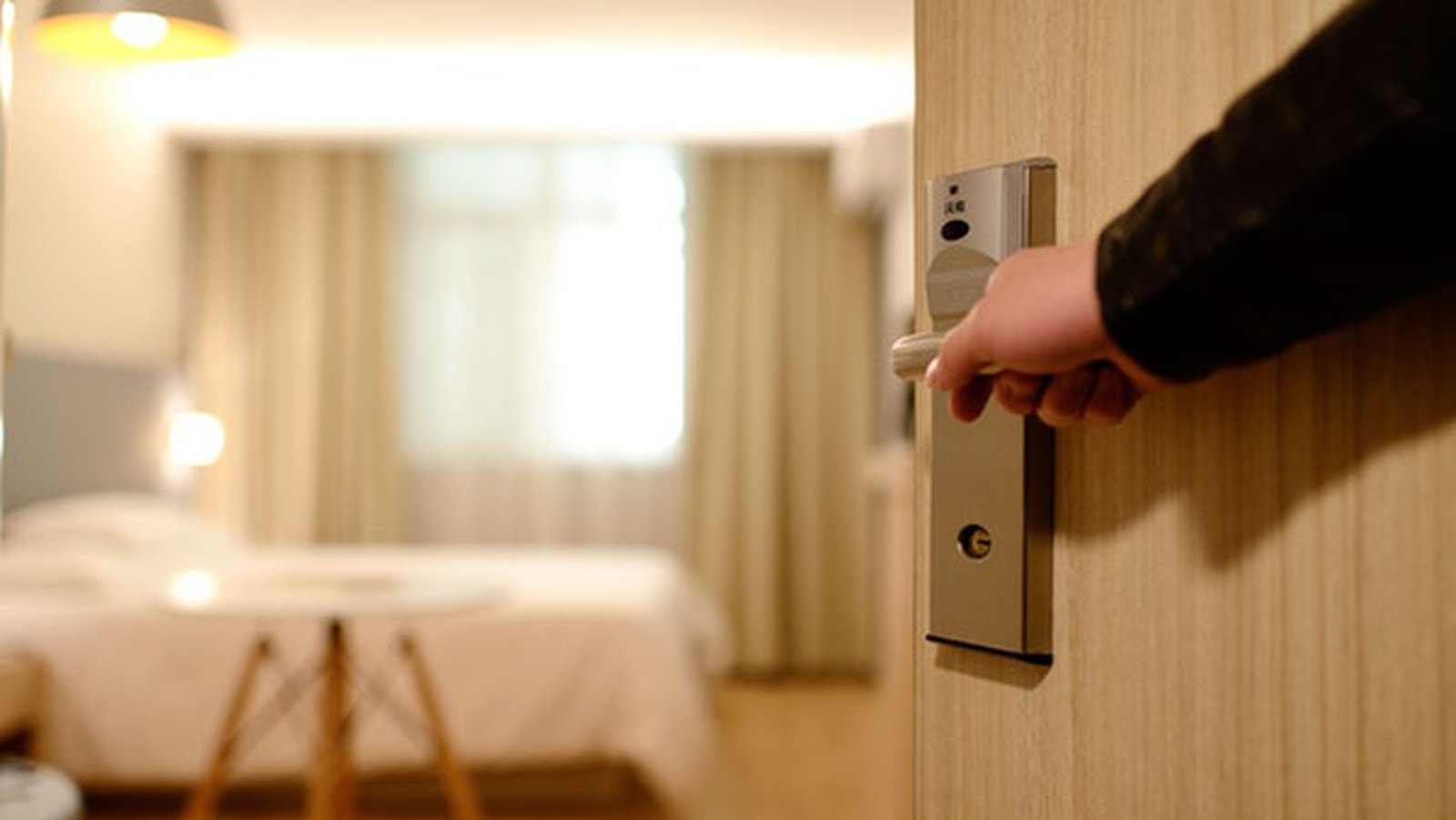
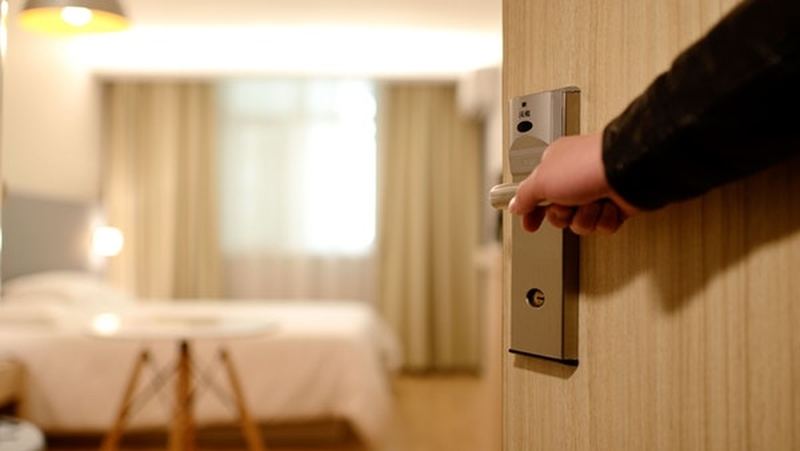
The Health Information and Quality Authority (HIQA) has published its first inspection reports on international protection accommodation service centres.
The reports outline the findings of HIQA inspectors at four direct provision centres in January.
Inspections found overcrowding, incomplete Garda vetting and human rights issues.
At St Patrick’s Accommodation Centre in Co Monaghan, inspectors witnessed what they described as ‘pests’ in six family units, which were cockroaches.
Residents in an additional 13 units reported experiencing infestations in their living quarters.
This according to HIQA presented a risk to the health and wellbeing of residents and specifically, young children.
Records showed that the problem had been ongoing for some time.
A child had been admitted to hospital as a direct result of the presence of “pests” in their family accommodation, according to the report.
While measures had been taken by the service provider who contracted a pest control company, those measures were ineffective in the longer term, according to HIQA.
“There was no system in place by the service provider to monitor this risk and to ensure a consistently safe and comfortable living environment was provided to residents at all times,” it said.
Evidence of overcrowding
The centre had a recorded capacity of 380 people and has different types of accommodation including studio apartments, adjoining rooms for families and modular units.
In January, it accommodated 338 residents, 155 of whom were children.
While the physical structure of the centre was “reasonably good”, there was evidence of overcrowding in many of the bedrooms.
This meant that some adults and children shared beds.
By way of an example, the report said a family of five were living in small quarters and were expecting another baby soon.
There was no space for a crib for a newborn and the service provider did not have a larger room to offer the family.
Children’s experiences
Children shared their experiences of growing up in the centre with inspectors.
They said they liked the facilities, particularly the football pitches. They also talked about attending the local school.
All the children who met with inspectors referred to the lack of an available or dedicated space where they could do their homework.
One child said they had to lie on the floor of the bedroom to do their homework, while another said it was difficult doing homework sitting on a bed.
Others told the inspectors that their wish would be to have their own bedroom so they would have space to play, do their homework and have some privacy.
‘Basic needs’ met
Overall, the inspection found that residents felt safe in the centre and that they were well integrated into the local community.
For the most part, they had “their basic needs” met.
“The staff team endeavoured to provide as good a service as possible within the resources available,” according to the report.
However, it said that underdeveloped governance and management arrangements, the lack of a reception officer, overcrowding in the centre and an inadequate response to ongoing pest control issues meant that the service provider could not be assured that the rights of residents were always promoted.
At Knockalisheen Accommodation Centre in Co Clare comprises of six accommodation blocks, two of which were specifically for women and families and the remaining four blocks of accommodation housed single males.
When the inspection took place, there were also 13 tents on the grounds of the centre which had capacity for eight single men per tent.
There were 52 residents living in the tented part of the accommodation centre.
HIQA has said that the conditions of their living area posed “potential risks to their health, safety and welfare”.
Inspectors found that the residents’ human rights, such as their right to privacy and dignity could not be promoted while in this part of the accommodation centre.
They observed that these residents had no private space to change their clothing, no privacy screens between beds and no access to storage for their personal belongings.
Residents informed inspectors that an overhead light in each tent remained on at night time and could not be switched off. This impacted on their sleep.
The report stated that there were no arrangements for staff members to check in with residents who were living in these tents and as a result, there was little oversight or awareness of what was happening in this area.
One resident who met with inspectors, for example, was not aware that they could access the nearby canteen to obtain meals, snacks and drinks, despite living in there for the previous nine days.
Some residents ‘felt unsafe’
Inspectors identified fire safety, health and safety and welfare risks which had not been assessed and which posed potential risks to the residents.
They issued an immediate action requesting the service provider to complete a full analysis of all risks in the service.
There were “multiple incidents” where basic rights related to respect, privacy, safety and dignity were not promoted or safeguarded according to the report.
Inspectors said the service provider needed to consider how a culture which respected and protected the rights of residents could be created, developed, promoted and sustained.
There was also no evidence that children had been informed of their rights.
It was confirmed to inspectors that there was little engagement with children as they no longer provided the crèche and after-school facilities on site and alternative arrangements were not considered or put in place.
Some residents spoke about feeling unsafe at times, due to incidents occurring in the centre or not wanting to leave their room after dark.
There was no system to maintain oversight of incidents or safeguarding concerns.
Residents told inspectors that they had observed incidents on a regular basis relating to drug use, alcohol use and aggressive behaviours, however HIQA stated that there were no records relating to such incidents.
“These risks had not been assessed and therefore actions to mitigate the risks from reoccurring were not in place”, according to the report.
While the centre was not operating at full capacity at the time of the inspection, inspectors found that further admissions would put “significant pressure on resources and facilities”.
This, according to HIQA, would increasingly limit the provider’s ability to promote the human rights of all individuals living there, particularly those placed in tents, and further limit the provider’s ability to comply with national standards.
Kildare and Limerick centres
The remaining centres are former hotels – Hazel Hotel located in Co Kildare and The Hanratty Hotel in Co Limerick.
General observations by HIQA throughout its inspection of the facility in Kildare, which had 95 people accommodated, indicated that residents were comfortable and secure in the centre.
They appeared relaxed in the company of staff and engaged in small talk when they were arriving or leaving the centre.
There were seven rooms utilised by families with children, with a maximum occupancy of seven people in one family room.
All other rooms were occupied by single adults with a maximum occupancy of three people in one room.
Residents said they were happy with the space and facilities in their room, although some residents (who shared with two others) mentioned they felt three people in one room was too many to share, particularly in relation to sharing of bathroom facilities.
The centre in Limerick also accommodated 95 people at the time of the HIQA inspection.
Residents expressed satisfaction with the services and assistance they received at the centre and spoke highly of the staff, deputy manager and centre manager.
The men residing in the centre were from 26 different countries.
While the centre provided accommodation to people seeking international protection, the inspectors found that 25 of the residents had received refugee or subsidiary protection status.
Due to the lack of alternative accommodation, they were unable to avail of more appropriate accommodation arrangements.
Key areas for improvement included governance and management arrangements, risk management, recruitment practices, monitoring and oversight, and record-keeping practices.



